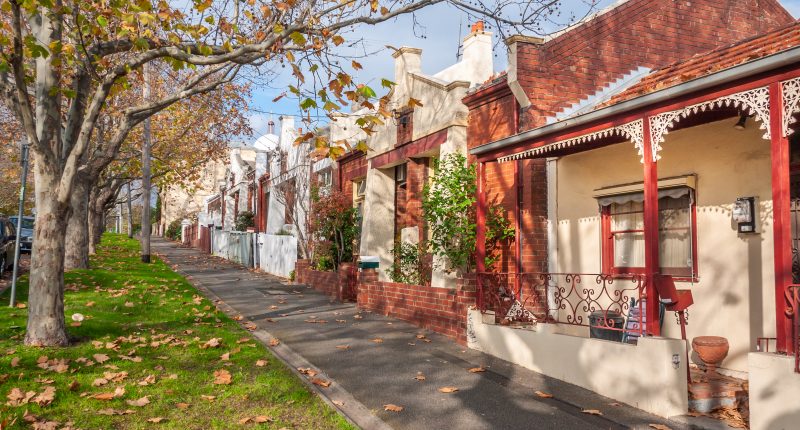- Removing stamp duty would increase housing mobility, lead to more efficient use of housing supply, and minimise state and territorial revenue volatility
- Research from the National Housing Finance and Investment Corporation reveals homeowners are paying more stamp duty than 20 years ago
- The paper also explores how replacing stamp duty with a broad-based land tax in all states and territories would help improve economic efficiency
- The aim of transitioning from land tax is not to increase revenue, instead the paper demonstrates that it can be achieved in a revenue-neutral way
- A household in NSW would have to pay a broad-based land tax for more than 14 years to be worse off, the report noted
Eliminating stamp duty would improve housing mobility, lead to more effective use of the nation’s housing stock, and reduce state and territory revenue volatility.
Those findings have been revealed by new research released by the National Housing Finance and Investment Corporation (NHFIC) today. The research draws on the most recent data to examine the advantages and reform concerns associated with the phase-out of stamp duty in favour of a broad-based land tax.
According to the research paper, families across all states and territories, with the exception of the ACT, are paying significantly more stamp duty when they move house than they did 20 years ago. This, the paper states, is impeding mobility and the efficient use of the housing stock.
The ACT has been lowering stamp duty costs for some time, recently fully abolishing it for off-the-plan apartment and townhouse purchases up to $500,000.
The average household in all states (excluding the ACT) would be better off paying land tax than transfer duty on a median-priced property, the report states.
A household in New South Wales, for example, would have to pay a broad-based land tax for more than 14 years to be worse off. This is longer than the 12.4-year average holding duration of a property.
The report notes that removing stamp duty in favour of a broad-based land tax will likely lift dwelling prices in the short term.
However the study also considers how a shorter phase-in time may help reduce the impact of house price growth on the cost of the changeover, as well as how replacing stamp duty with a broad-based land tax in all states and territories might enhance economic efficiency.
The goal of shifting from stamp duty to land tax is not to raise revenue in and of itself, and the study illustrates that the change may be accomplished in a revenue-neutral manner.
The report, according to NHFIC CEO Nathan Dal Bon, emphasises the relevance of housing tax policy design and the advantages of a broad-based land tax over stamp duty in enhancing housing outcomes.
“Encouraging more household mobility through reductions in stamp duty leads to more efficient use of the housing stock which means people can better ‘right-size’ their own housing arrangements in line with their individual preferences,” he said.
“Households that are considering downsizing and upsizing, or just seeking more space when they are working at home during COVID-19, wouldn’t be penalised under a broad-based land tax compared with the current stamp duty arrangements across most states.”
According to the report, a household that purchased a Sydney median-priced property four times in the past 20 years would have paid more than ten times the amount of duty as a household that made only one purchase at the beginning of this period.
Real Estate Institute of Australia president Adrian Kelly said politicians could not “gripe about housing affordability” while using stamp duty to “fund public sector operations”.
However Mr Kelly cautioned that a land tax replacement was not necessarily a panacea and put it to governments to reconsider their focus on taxing property.







